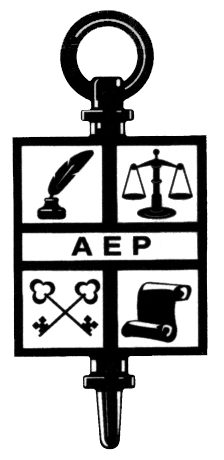Powers of attorney: What type do you need?
Estate planning typically focuses on what happens to your assets when you die. But it’s equally important (some might say more important) to have a plan for making critical financial and medical decisions if you’re unable to make those decisions yourself.
That’s where the power of attorney comes in. A question that people often struggle with is whether a power of attorney should be springing or nonspringing. To spring or not to spring A springing power of attorney is effective on the occurrence of specified conditions; a nonspringing, power of attorney is effective immediately. Typically, springing powers would take effect if you were to become mentally incapacitated, comatose or otherwise unable to act for yourself. A nonspringing power of attorney offers two advantages: It allows your agent to act on your behalf for your convenience, not just when you’re incapacitated. For example, if you’re traveling out of the country for an extended period of time, your power of attorney for property agent could pay bills and handle other financial matters for you in your absence. It avoids the need for a determination that you’ve become incapacitated, which can result in delays, disputes or even litigation. This allows your agent to act quickly in an emergency, making critical medical decisions or handling urgent financial matters without having to wait, for example, for one or more treating physicians to examine you and certify that you’re incapacitated. A potential disadvantage to a nonspringing power of attorney — and a common reason people opt for a springing power of attorney — is the concern that the agent may be tempted to commit fraud or otherwise abuse his or her authority. But consider this: If you don’t trust your agent enough to give him or her a power of attorney that takes effect immediately, how does delaying its effect until you’re incapacitated solve the problem? Arguably, the risk of fraud or abuse would be even greater at that time because you’d be unable to monitor what the agent is doing. Another option Some people choose to combine the features of a springing and nonspringing power of attorney. For example, they may give a spouse the ability to act under their power of attorney immediately, but only allow subsequent agents the right to act on their behalf if they are incapacitated. What to do? Each situation is different. Given the advantages of a nonspringing power of attorney, and the potential delays associated with a springing power of attorney, many people opt for a nonspringing power of attorney, especially if their agent is someone they trust unconditionally. Contact us with any questions regarding powers of attorney.
Marianne Ludlow and Shawna Doughman Group focuses on securing your future, family & business through estate planning and business planning, including wills, trusts, powers of attorney, trust administration, and business planning contracts and agreements. Our offices are located in Lehi in Utah and we serve clients in Utah and Salt Lake Counties, including American Fork, Draper, South Jordon, Highland, Alpine, Cedar Hills, Lindon, Sandy and Orem. You can contact us by phone 801.980.3401 or e-mail info@willstrustsbusiness.com.
© 2018






